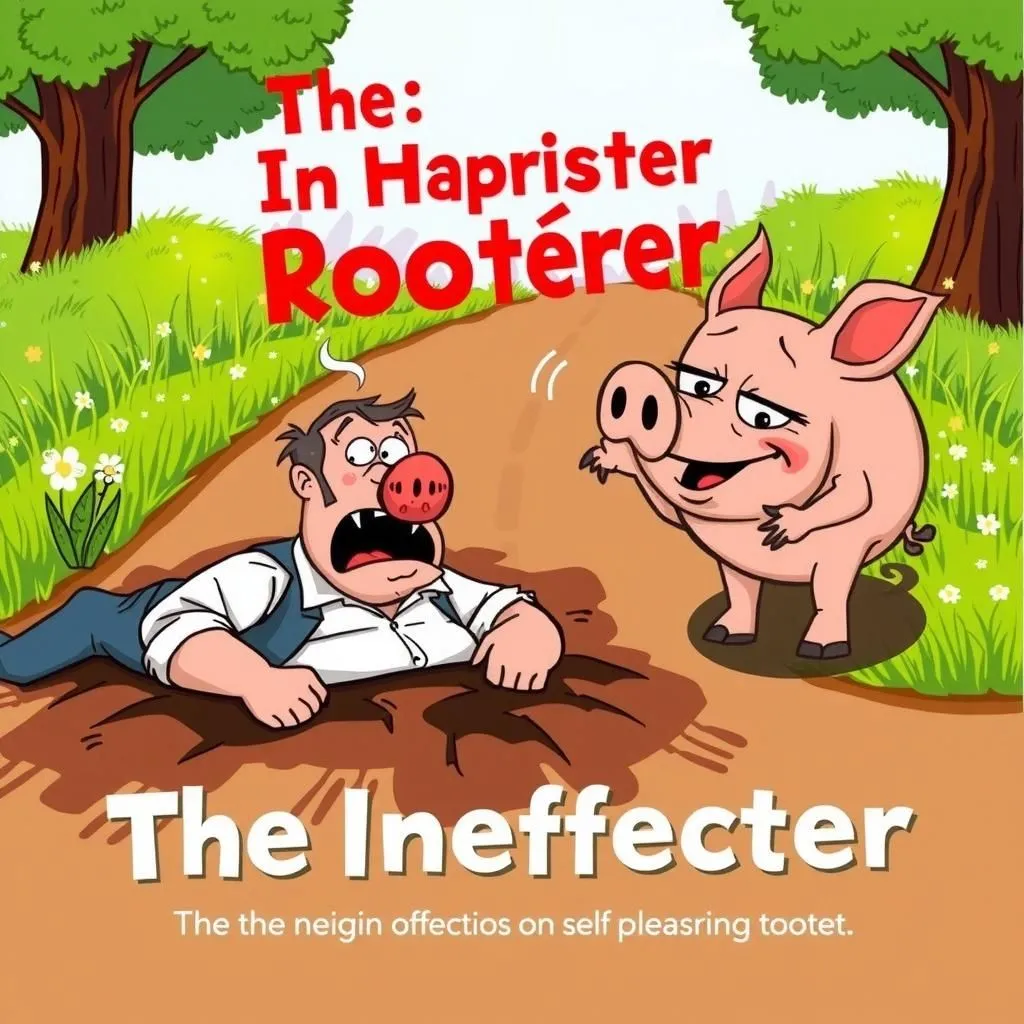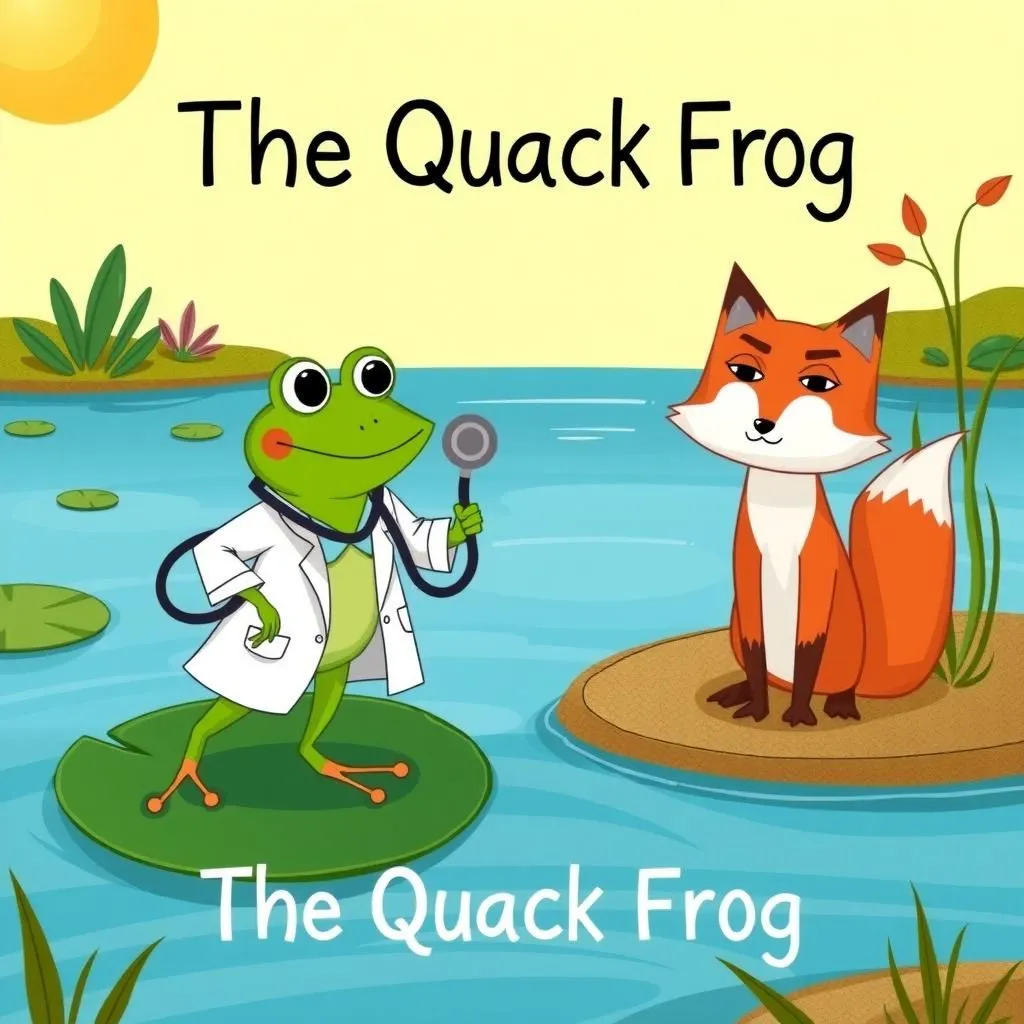
The Ineffective Rooter
In "The Ineffective Rooter," a drunken man lies in the road with a bleeding nose after a fall, prompting a passing pig to comment on his wallowing skills. The pig humorously points out that while he may excel at wallowing, he still has much to learn about rooting effectively. This entertaining moral story serves as a simple reminder that even in our shortcomings, there is always room for growth and improvement.


